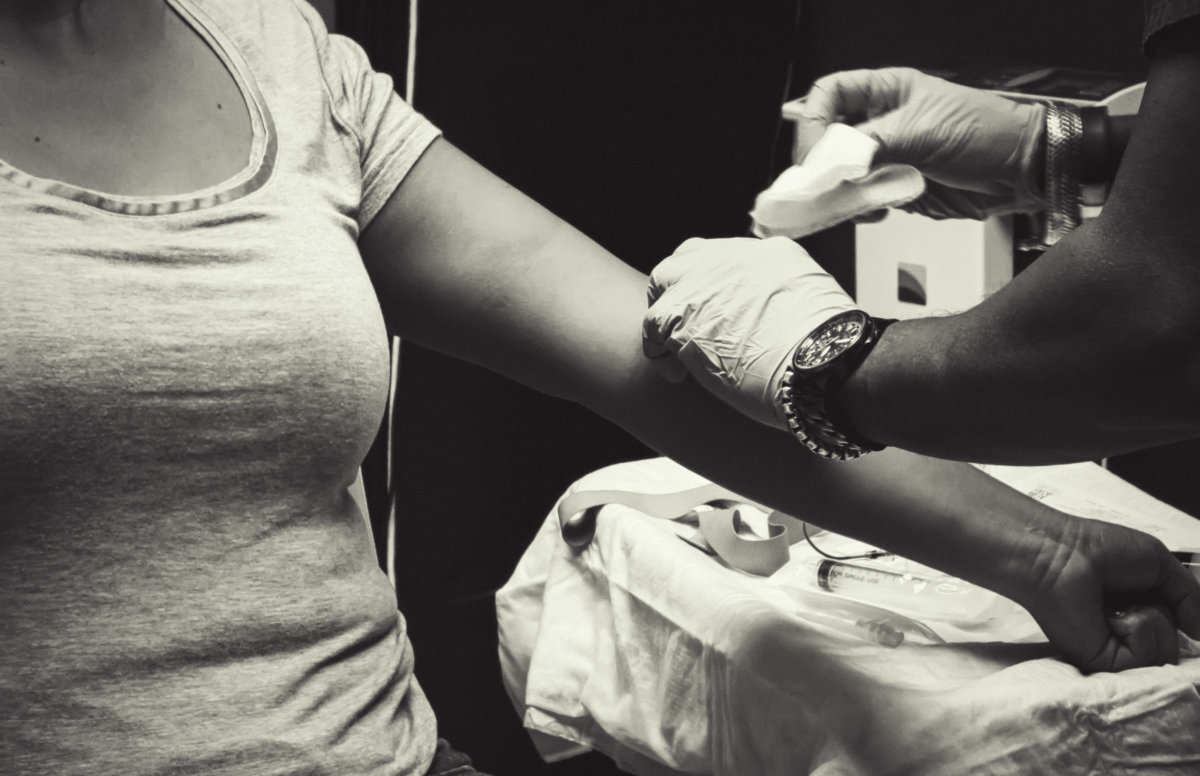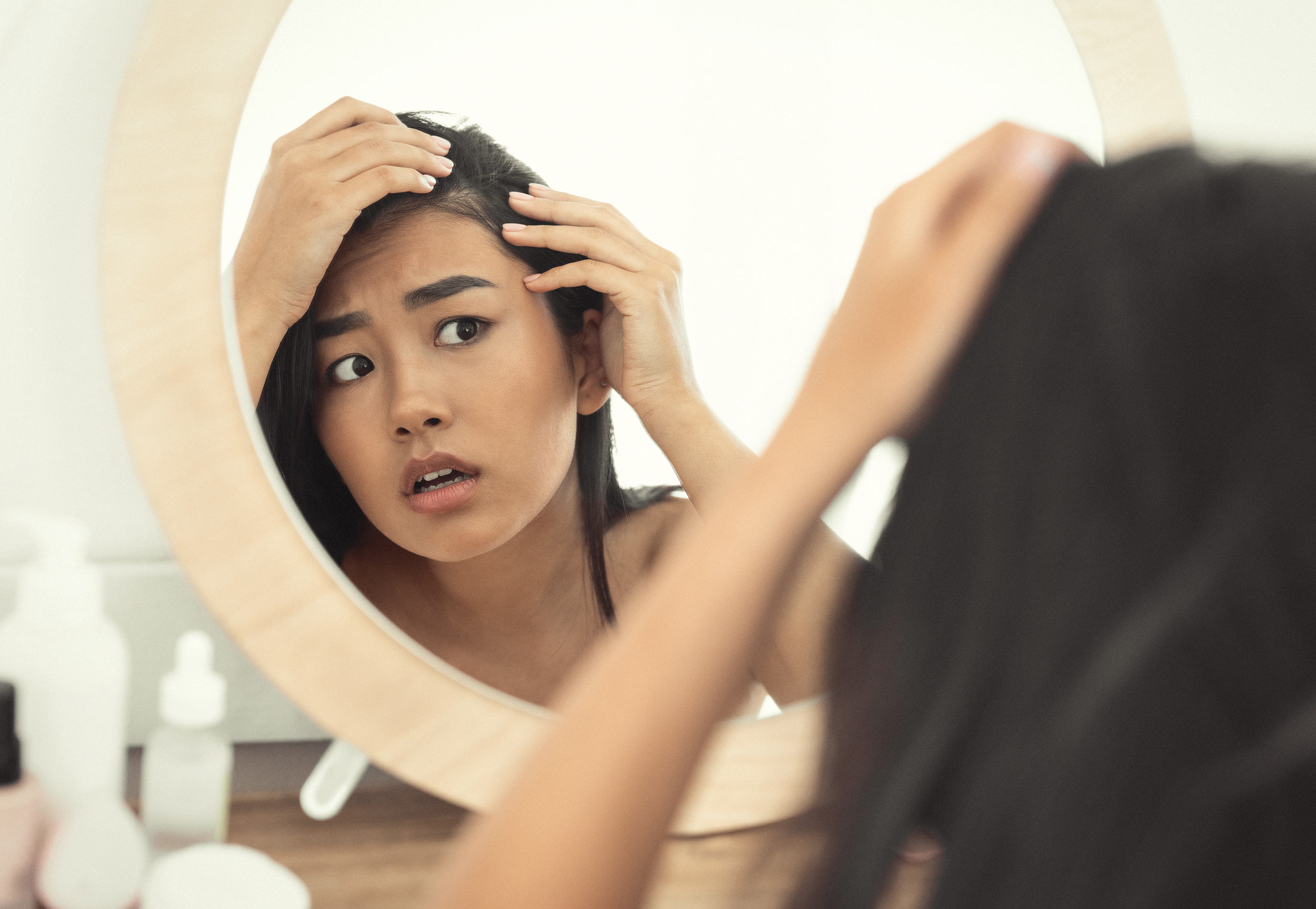
117—
Blood tests, and Thyroid function
This article is based on an interesting phenomenon I’ve observed with my clients who have Thyroid problems that primarily run through the ‘female side’ of their family.
I’ve been informally keeping a record of this at OOMPH over the last few years 🤓
Most of us are familiar with —
(Goldilocks and) The three bears,
The three little pigs, and
The three blind mice.
However, have you ever heard of:
The three Thyroid sisters?
Nope?
I didn’t think so.
Please then, allow me to share my wee tale with you 🤗
Once upon a time…
There were three sisters — two of the sisters were larger lasses, while the other was relatively small. However, they all shared one common affliction.
And that common affliction was…
The sisters all suffered from Thyroid problems (to one degree or another).

Because Thyroid problems run in families, when I’m assessing someone’s Thyroid function, I love it when I get a female client who has two sisters. (It’s really sad, but nothing makes me more excited ☺️)
This is because you can almost guarantee that when you enquire about their female siblings, that two of the sisters will be ‘bigger’ lasses (generally with bigger breasts also), and that there will be a single sister who will be smaller in comparison (generally with smaller breasts also).
Pretty much the only time I find that this isn’t the case is when one of the ‘bigger’ sisters has her heart set on holding the title of the ‘smallest sister’… and is over-exercising and under-eating in order to offset her usual physical state. Which, unfortunately, will only be making her Hypothyroidism worse/more pronounced.
While, I cannot explain this ‘three sisterly’ Thyroid problem, I can say that I’ve observed it too many times to count, and that it’s uncanny in its occurrence.
And, all I can do is to point out this ‘sisterly’ phenomenon that I’ve observed, and what this means.:
You can suffer from Subclinical Hypothyroidism without presenting as being overweight.
And,
Because there are so many degrees of suboptimal THyroid function (RANGING Between normal, and overt) symptoms may vary — even among siblings.
Basically what I’m saying, is unless you have overt Hypothyroidism (you have been diagnosed and medicated for this condition by your Doctor), you’re not going to be ‘textbook’.
Note: Most health practitioners wouldn’t even consider that you had Hypothyroidism if you presented as the ‘small sister’. Because they believe you need to be overweight to have this condition (it’s part of the symptom-set, and their mind-set). Therefore as this sister you would probably be dismissed without even being blood-checked for Thyroid function 🤦♀️
Upon further enquiry with my client (depending their age), the mother of the three daughters will either —
Have been diagnosed with a Thyroid issue, or
If she is undiagnosed (as she is older, and has therefore ‘fallen between the cracks’ of the conventional medical system), she will generally suffer from depression, and/or will be overweight.
Please bear in mind
If you’re a ‘sister’ now wanting to compare your Thyroid blood-work with your sister’s Thyroid blood-work, you would all need to get your blood assessed by the same NZ pathology lab to make sure you are comparing ‘apples with apples’.
FYI: From a recent blog-post: Thyroid function & blood testing.
Note: Please also be aware that Thyroid blood testing can be impacted by the time of day the blood sample is taken. It can also be influenced by stress, depression, obesity, insulin resistance, CFS, the menstrual cycle, mobile phone usage, and more!1
Fatigue
Feeling tired with low energy, and a strong desire to sleep.
Feeling cold
Especially having cold hands & feet.
Weight gain
That is then difficult to lose.
Weakness, and aching
Experienced in the muscles & joints.
Hair loss
From either all over the scalp, or from the front, upper sides of the hair line, and/or from the lateral borders of the eyebrows
Dry (or itchy) skin
Feeling down (or down-right depressed)
Trouble concentrating or remembering
Constipation
Hormonal issues
Heavy or irregular periods, low libido, infertility.

Don’t wait until medical science can finally ‘pick-up’ the Thyroid dysfunction that you’ve always suspected you’ve had. Because if you do that, your Thyroid function will have become so bad that you will have to be medicated for it.
Instead, get proactive about feeling better now. There is plenty you can do to improve your Thyroid function so that hopefully you won’t ever need to rely on a pill to ‘run your body’.
Your Naturopath will show you how with diet, supplements, exercise, mindfulness, and lifestyle changes.

Lisa Fitzgibbon is a degree qualified (2006), experienced and registered Naturopath & Medical Herbalist. She runs her own private practice – OOMPH in Grey Lynn, Auckland, New Zealand.
Lisa has been involved in the Natural Health industry for 16 years. She draws on her professional training and experience, as well as her own personal experience to bring you realistic, holistic health advice.
Book online
https://restorativemedicine.org/wp-content/uploads/2014/04/Peripheral-Thyroid-Hormone-Conversion.pdf
Subscribe to LISA SAID SO
Subscribe to the LSS newsletter to get updates on a very irregular basis.
Sorry for the interruption!
You seem to be interested in what Lisa has to say. To be updated when new articles are published, or we have news to share, enter your email below. Thanks!